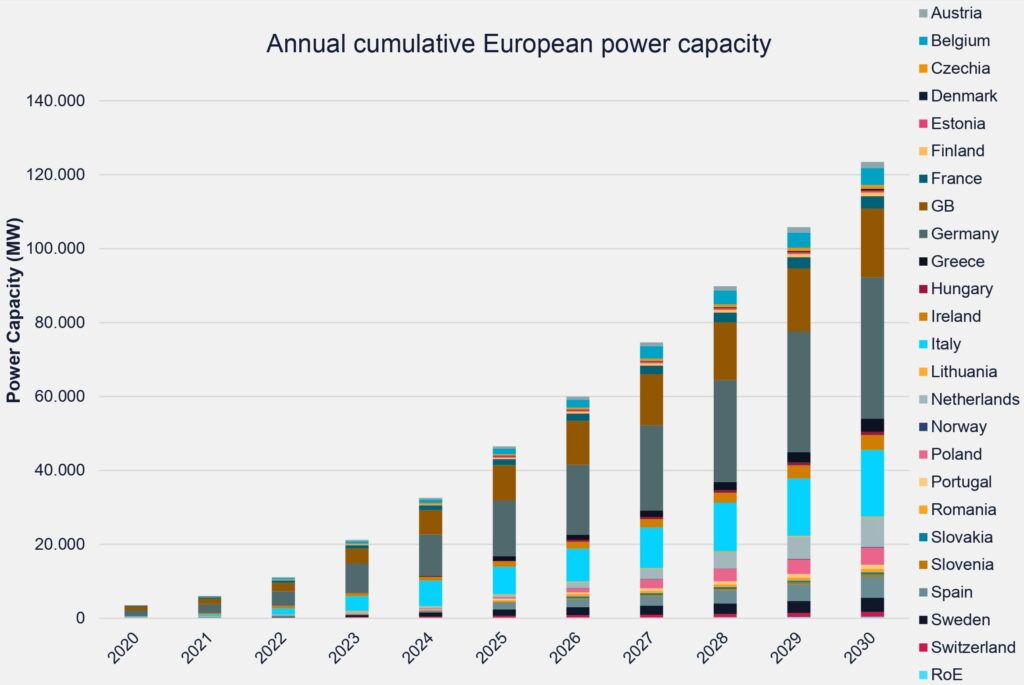August 2019 / Policy Papers - Responses to Public Consultations
EASE Response to the European Commission Public Consultation on the Establishment of a Smart Readiness Indicator for Buildings
EASE submitted a response to the European Commission's public consultation on the Establishment of a Smart Readiness Indicator for Buildings.
The Smart Readiness Indicator (‘SRI’) will be used to measure the capacity of buildings to use information and communication technologies and electronic systems to adapt the operation of buildings to the needs of the occupants and the grid and to improve the energy efficiency and overall performance of buildings.
According to EASE, the SRI can play an invaluable role in raising awareness among consumers about smart energy and flexibility technologies, while also sending important investment signals to industry. It can help customers become more informed and active in the energy markets, one of the key priorities of the Clean Energy Package.
Energy storage technologies can provide many benefits to building owners, tenants, and users. This can apply to both residential buildings and commercial/industrial buildings, due to the diversity and scalability of storage technologies. Buildings with solar PV can benefit from installing energy storage (e.g. batteries) in order to maximise renewable self-consumption and provide grid flexibility. Thermal energy storage can help support renewable or low-carbon heating and cooling solutions such as heat pumps or solar-thermal panels, increasing efficiency and facilitating the provision of flexibility services.
Another important aspect of energy storage is its ability support the roll-out of electric vehicle charging infrastructure in buildings. Stationary storage co-located with charging infrastructure can reduce peaks in demand and facilitate smart charging in response to signals from the grid.
Since it has so many different applications, the benefits of storage cannot be fully captured only by one domain in the SRI. Energy storage can support heating, cooling, domestic hot water, on-side renewable energy generation, demand-side management and flexibility to the grid, as well as electric vehicle charging. The SRI should reflect all of the different benefits and potential roles of energy storage, both in the assessment of the SRI score for each building and in the report that is prepared for consumers with suggestions for actions to improve the score.
One point that is not adequately addressed in this consultation is the issue of interoperability. Different smart energy technologies must be able to interact with one another, as this will enhance the overall functioning of the building, allow consumers a wide array of choice between different technology providers, and facilitate the installation of various different technologies.




